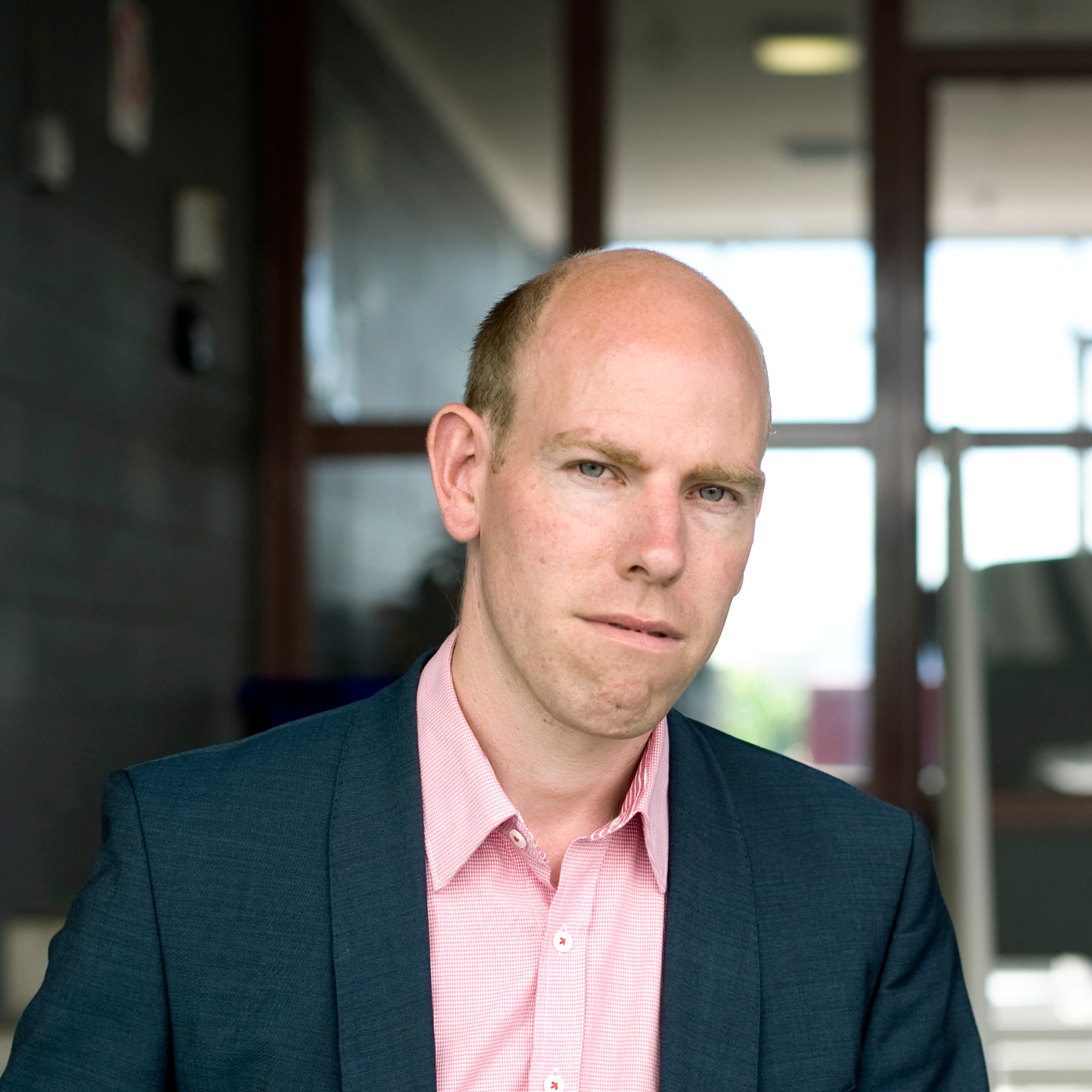Messiah
New Zealand Symphony Orchestra
Saturday, 7
December
Reviewer: Max Rashbrooke
The NZSO’s annual Messiah performance is now a tradition. But a good tradition isn’t simply the repetition of something over and over; all traditions adapt and flex to fit changing conditions.
The NZSO recognises this – and, more prosaically, has to keep people coming back year after year. So every year it has to put on a different Messiah, a task made easier by the fact that, as the programme note points out, it’s a piece especially open to a wide range of interpretations.
This year’s conductor, Graham Abbott, who headed up the equivalent performances in 2012 and 2016, made clear his intention to give us a dramatic Messiah. It is, after all, a striking story (even if not directly acted as such onstage), a fact sometimes lost in performances that feel like a series of set pieces.
In this intention Abbott, the soloists, the choir and the orchestra itself were immensely successful. There was a clear sense of narrative, especially from the soloists: their singing was consistently expressive, varied, and carefully suited to the lyrics. From the orchestra came a broad range of moods, as the brisk, bright and sun-filled overture passed through various shadings into the slow, murmuring, foreboding passages like ‘The people that walked in darkness’.
Among the soloists, tenor Andrew Goodwin stood out thanks to the caressing beauty of his voice and his generous, expansive interpretations of arias such as ‘Comfort ye’. Both he and baritone Hadleigh Adams struggled occasionally with the scale passages, but were otherwise a delight. The latter’s voice in arias such as ‘For behold, darkness’ was rich and velvety, beautifully matched to the similar sonorities in the strings.
One of the unquestionable highlights was his rendition of ‘The trumpet shall sound’, in which he gave himself full room for a stirring, impassioned interpretation that combined an almost gospel -like flair with classical rigour. (And we shall be changed, indeed.) Soprano Celeste Lazarenko, meanwhile, was very good in arias like ‘I know that my Redeemer liveth’, if not completely convincing throughout. The alto, Anna Pierard, sometimes struggled to be heard above the orchestra, but sang with great beauty and delicacy.
In terms of the performance as a whole, I was initially sceptical about the imbalance between the small-scale orchestra and the very large number of singers, but on the whole their relative levels were well matched. And for such a large choir, Orpheus were formidably well-drilled. The big set pieces, such as ‘For unto us a child is born’, were crisp and convincing, while ‘All we, like sheep’ crackled with energy, and the famous ‘Hallelujah’ chorus was exhilarating, especially in the top soprano lines.
It wasn’t a flawless performance,
however. It felt, at moments, just fractionally
under-rehearsed or not quite on point. At the start of
‘And he shall purify’, for instance, the orchestra
appeared to be out of sync with the chorus; Pierard was
noticeably slow finding her place for ‘Behold, a virgin
shall conceive’; and the soloists weren’t always
stylistically consistent. But it was still a superb evening
of music, a reminder of the Messiah’s enduring power, and
a sign that the NZSO knows how to keep a tradition
alive.



 Jeremy Rose, Eugene Doyle, Ramon Das: Radio New Zealand’s Report On Its Israel-Gaza Coverage Is Not Credible
Jeremy Rose, Eugene Doyle, Ramon Das: Radio New Zealand’s Report On Its Israel-Gaza Coverage Is Not Credible Gordon Campbell: On The Parental Panic Over Young Kids Online
Gordon Campbell: On The Parental Panic Over Young Kids Online Ian Powell: Gender Pay Inequity Perpetuation And Venality
Ian Powell: Gender Pay Inequity Perpetuation And Venality Binoy Kampmark: Commemorating Mummy - Reflections On Mother’s Day
Binoy Kampmark: Commemorating Mummy - Reflections On Mother’s Day Gordon Campbell: On The New Pope, And The Israeli Attack On Peter Davis
Gordon Campbell: On The New Pope, And The Israeli Attack On Peter Davis Martin LeFevre - Meditations: For The Love Of Sycamores
Martin LeFevre - Meditations: For The Love Of Sycamores